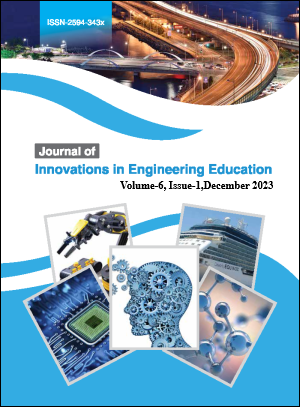Data-driven MLmodels for accurate prediction of energy consumption in a low-energy house: A comparative study of XGBoost, Random Forest, Decision Tree, and Support Vector Machine
DOI:
https://doi.org/10.3126/jiee.v6i1.54965Keywords:
Low-energy house, Energy consumption, Machine learning, XGBoostAbstract
Residential building energy consumption is a significant contributor to greenhouse gas emissions. Accurate prediction of total energy use in residential buildings holds vital importance in the context of energy management. In this paper, we propose a data-driven approach using machine learning (ML) models to predict the total energy consumption of a low-energy house based on indoor and outdoor environmental conditions using data from a house located in Belgium. Four ML(ML) models, including Extreme Gradient Boosting (XGBoost), Random Forest (RF), Decision Tree (DT), and Support Vector Machine (SVM), were trained and tested to evaluate their performance in predicting energy consumption. The results of our study demonstrate that the XGBoost model outperforms all other models used , with a coefficient of determination R2 of 61%, a Root Mean Square Error (RMSE) of 65.28, a Mean Absolute Error (MAE) of 29.81, and a Mean Absolute Percentage Error (MAPE) of 28.55 on the testing set. The findings from this study demonstrate the accurate forecasting of energy consumption by accounting for the non-linear dependencies between environmental conditions and total energy consumption, which can aid in making informed decisions towards the reduction of power usage, enhancement of energy efficiency, and achieving cost savings.
Downloads
Downloads
Published
How to Cite
Issue
Section
License
Copyright (c) 2023 JIEE and the authors

This work is licensed under a Creative Commons Attribution-NonCommercial-NoDerivatives 4.0 International License.
Upon acceptance of an article, the copyright for the published works remains in the JIEE, Thapathali Campus and the authors.

